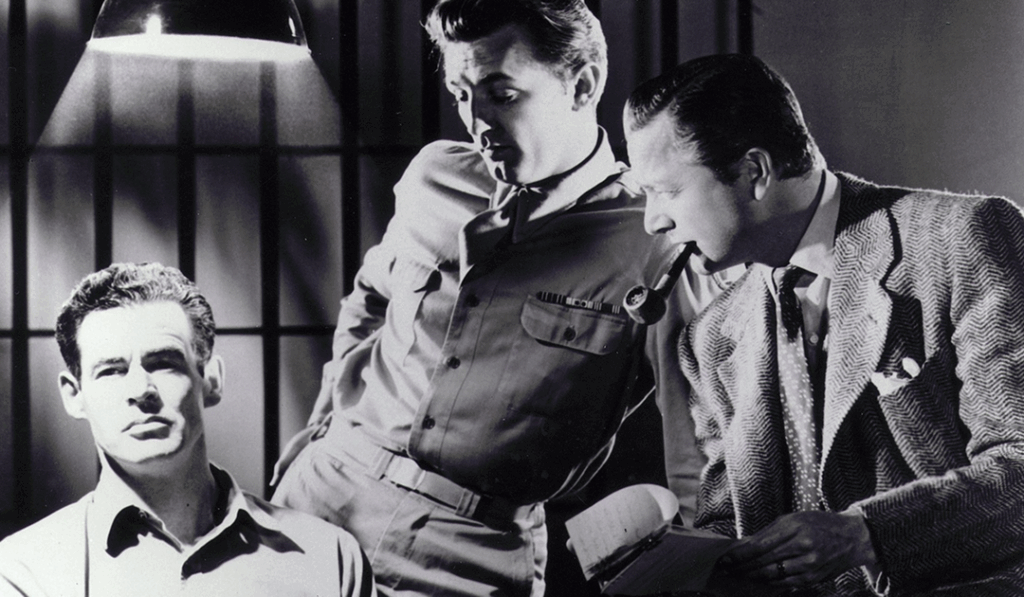“Well, if you won’t agree to my terms, we’ll just scrap the whole deal.”
And with those words, the client was ready to throw away a fantastic opportunity to transform his business and save over $100 million. Can you imagine an intelligent, experienced professional businessperson literally throwing away that much money? Over $100 million in savings about to disappear right in front of them?
It happens often, and it comes from the single most powerful, and least considered, element of deal making.
Emotion.
In any transaction, if we allow emotion to kick in, the risk of irrational decision-making increases exponentially. People will start making choices contrary to their financial interests out of anger, fear, frustration or desperation. And sometimes vengeance.
Ever been involved in a road rage incident? People suddenly put their lives, and the lives of their families and others on the road, at tremendous risk because of a perceived slight by getting cut off in traffic.
Or think about Las Vegas, the city built on emotion. Las Vegas casinos rely on people losing money gambling, which they do because games of chance are stacked in favor of the casino. You’re not supposed to win! The success of Las Vegas is that people will continue to lose money because they believe, if they keep gambling, at some point their luck will change. And the more they lose, the more they become invested in that idea that sooner or later, they will win!
What happens after the accident; after the last dollar is lost; after the client has made the decision to not do the deal? That other tremendous capability of the human brain.
Rationalization.
After a poor decision based on emotion, people can’t rationalize fast enough! No one wants to seem illogical, or foolish, and admit their emotions got the better of reasonable, intelligent thinking. Instead, people find a way to blame the “other.” The other driver. Lady Luck. Or the service provider who was “difficult to do business with” (because they would not concede on a ridiculous term).
How do you handle it? Stay alert! You can usually detect the buildup of an emotional issue if you listen closely to what the client says (or does not say) about that issue. “What drove me crazy about the last service provider is they could never meet our ________ requirements.”
Hmmm… what are those requirements and are they reasonable? Because unless you agree you are going to meet, and maybe exceed, those requirements, there’s a good chance you’re not closing this deal! Start to break them down early. Why are the requirements important? Has the client ever met the measures itself? If so, how?
As you seek to understand, also seek to educate. The client often does not know about the limitations your company has in delivery. Ask the client to help shape the outcome with you. The greatest defense against negative emotion and positional negotiation is collaboration. Demonstrating your commitment to working with the client to solve their problems will create and foster a spirit of joint problem-solving, and reduce the risk of emotional conflict.



